|
Sixteen years ago, the African Union launched its African Peer Review Mechanism: a voluntary, non-adversarial exercise designed to improve governance on the continent. Its first decade was a success, but, writes Yarik Turianskyi, interest has waned and doubts persist about African leaders’ commitment to the process.
In African countries, people who live in cramped informal settlements and those in run-down inner city apartments face a number of health risks. Our guest on this week’s episode of Pasha, Lenore Manderson, looks at the difficulty of managing diseases in inner cities.
|
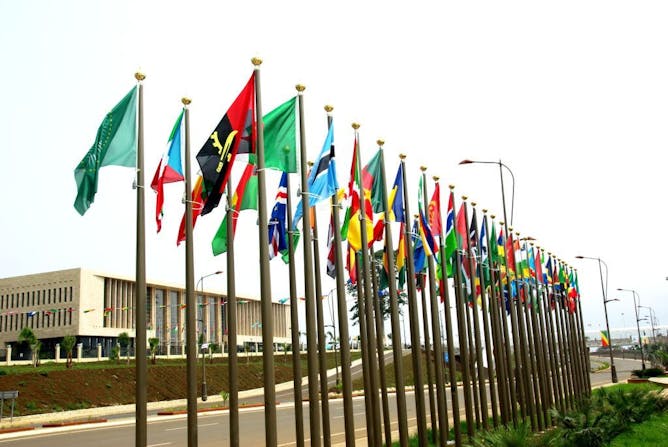
AU headquarters in Addis Ababa, Ethiopia.
Flickr/Embassy of Equatorial Guinea
Yarik Turianskyi, University of Pretoria
The African Peer Review Mechanism got off to a good start, but enthusiasm soon waned.
|
Business + Economy
|
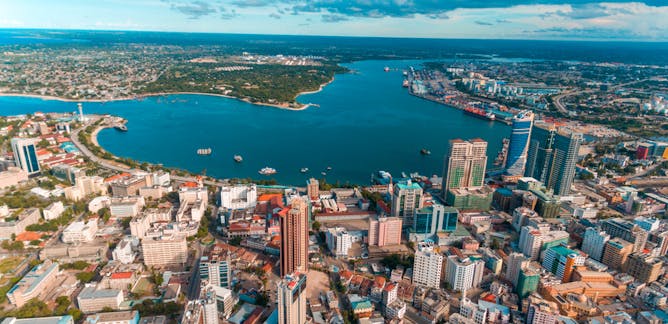
Roberto Ricciuti, University of Verona
Building a fiscally capable state won't bring benefits in the short term but can build taxpayers confidence.
| |

Wouter Bam, Stellenbosch University; Karolien De Bruyne, KU Leuven
New analysis indicates that a strict beneficiation policy might not lead to optimal developmental outcomes.
|
|
|
Podcast
|
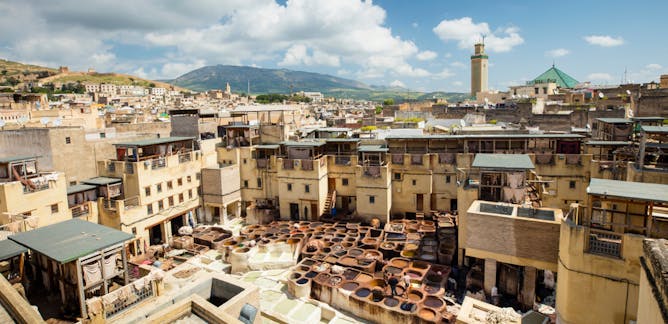
Ozayr Patel, The Conversation
It's increasingly difficult to manage diseases in inner cities.
| |
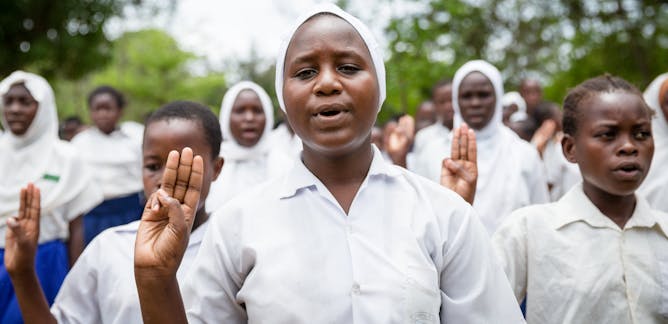
Ozayr Patel, The Conversation
Pregnant teens in Kenya face a number of challenges.
|
|
|
From our international editions
|
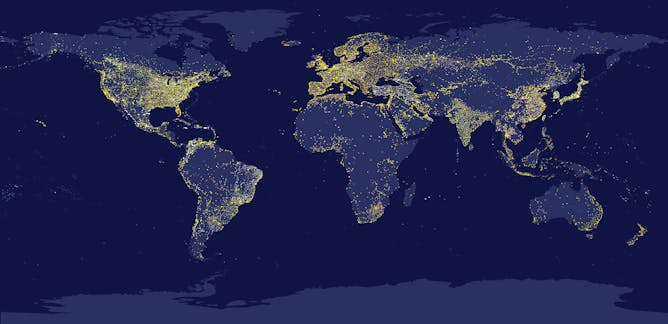
Tom Sear, UNSW
Nation states are covertly working against each other on the very same digital platforms they use to collaborate in areas such as trade and manufacturing.
| |

Sacha Molitorisz, University of Technology Sydney
Facebook says it's changing. Time will tell. In the meantime, privacy is under threat, news and journalism are suffering, and the algorithms employed by digital platforms are worryingly opaque.
|

Simon Chadwick, University of Salford
FIFA boss Gianni Infantino wants to bring forward plans to expend the tournament from 32 to 48 countries. But it's not going to be easy.
| |

Nadia Wager, University of Huddersfield
A documentary film has made disturbing allegations about Michael Jackson and child sexual abuse. Whether true or not the film raised some important issues.
|
|
|
En français
|

Fousseyni Touré, Université des sciences juridiques et politiques de Bamako
Quelle a été l’influence des associations islamiques et de leurs représentants dans le débat public au Mali ? Et qui aujourd’hui leur oppose un autre discours ?
| |
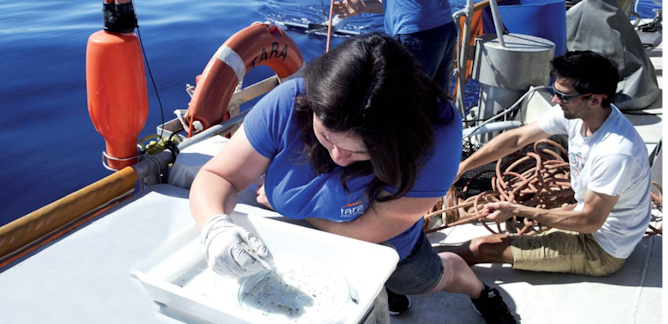
Maria Luiza Pedrotti, Centre national de la recherche scientifique (CNRS)
La mer Méditerranée est particulièrement vulnérable aux microplastiques, ces fragments de déchets qui polluent les mers et les océans.
|
|
|